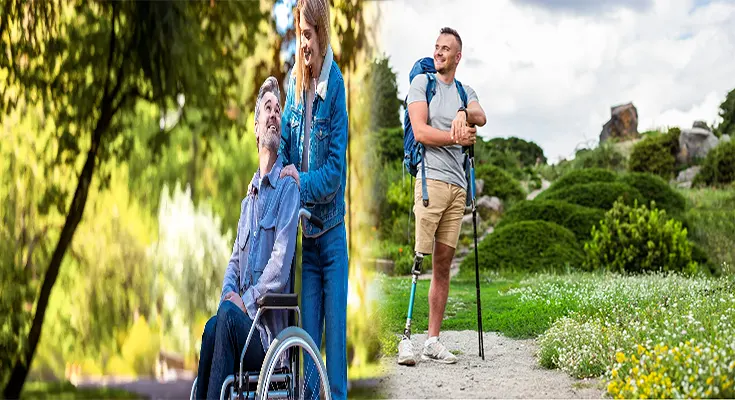
How Much Does It Typically Cost to Hire a Travel Advisor for a Customized European River Cruise Itinerary?
Planning a customized European river cruise itinerary can be a complex and time-consuming endeavor, especially for travelers looking for a personalized experience. Hiring a travel advisor who specializes in river cruises can streamline the planning process and ensure a seamless and memorable journey. However, it’s important to consider the typical costs associated with hiring a travel advisor for a customized European river cruise itinerary.
Factors Influencing the Cost:
- Complexity of the Itinerary: The cost of hiring a travel advisor for a customized European river cruise itinerary can vary depending on the complexity of the trip. Customizing an itinerary with multiple destinations, excursions, and accommodations may require more time and expertise, resulting in higher advisory fees.
- Advisor’s Experience and Expertise: Travel advisors with extensive experience and specialized knowledge in European river cruises may command higher fees for their services. Their expertise can add significant value to the planning process, ensuring a





